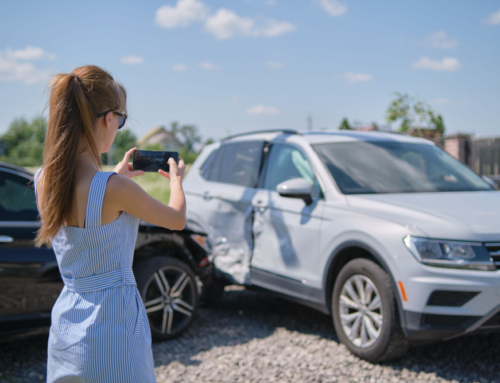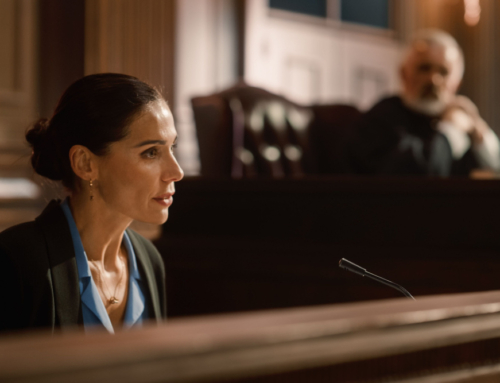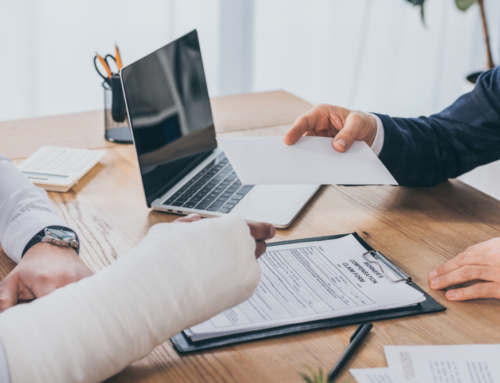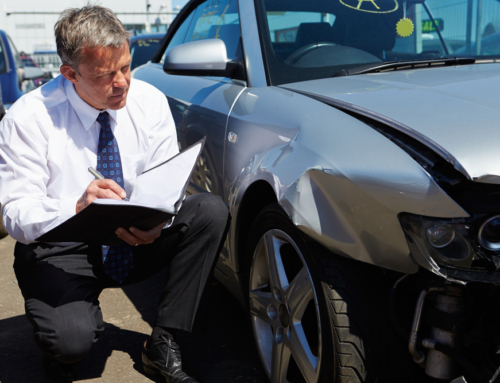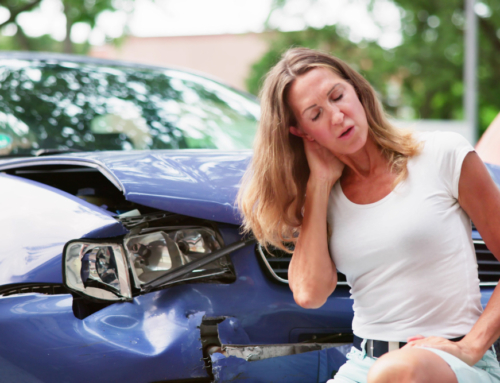In today’s digital age, sharing our lives on social media platforms is second nature for many of us. From joyous occasions to everyday routines, we’re accustomed to updating our friends and followers about every detail of our lives. However, these platforms can be more of a hindrance than a help after a car accident. Here’s why thinking twice before posting after an accident is imperative.
The Ubiquity of Social Media
Most of us are intertwined with social media platforms like Facebook, Instagram, Twitter, and others. These platforms offer a sense of community, support, and a way to share and connect. But in the aftermath of a car accident, they can inadvertently jeopardize your personal injury claims.
The Risk of Misinterpretation
A picture is worth a thousand words but doesn’t always tell the entire story.
Compromising images and posts
Imagine posting a photo of yourself at a social gathering a few days after the accident. To an outsider, or more critically, to an insurance adjuster or opposing attorney, it might suggest that you’re well and not as injured as you claim. They could argue that if you’re well enough to socialize, perhaps your injuries are exaggerated or even fabricated.
Comments and conversations
Innocent conversations under a post can be misconstrued. A friend’s comment about the accident or a jovial jest about how fast you might have been going can be taken out of context and used against you.
The Insurance Company Is Watching
Insurance adjusters are known to check the social media profiles of claimants. Their primary goal is to find inconsistencies in your claim or evidence that suggests your injuries are not as severe as reported.
Digital surveillance
It might sound dramatic, but insurance companies have used posts, photos, and even geo-tags to dispute claims in high-stakes cases.
Statements and descriptions
Even a simple status update describing the accident can be detrimental. If your recollection or portrayal of the event slightly differs from official reports or statements, it can be seen as inconsistent and may weaken your claim.
Waiving Privacy
You might think your profiles are private, but your posts can become evidence in legal battles. Even deleted posts can be retrieved. The digital footprint is permanent, and privacy settings might not protect you from legal scrutiny.
Emotional Ramifications
Aside from the potential legal pitfalls, discussing your accident on social media can also have emotional and psychological effects.
Reliving the trauma
Constantly revisiting the event, reading comments, and engaging in discussions can prevent emotional healing. You might find yourself reliving the trauma, which can hinder recovery.
Unsolicited advice and opinions
Everyone has an opinion, and not all are constructive. Unsolicited advice or even blame can add stress and anxiety.
Conclusion
While the urge to share, seek support, or even vent on social media is understandable, the potential risks to your personal injury claim far outweigh the short-term satisfaction. The digital realm holds unforeseen pitfalls that can be easily avoided by staying offline after an accident.
Have you recently been involved in a car accident and are unsure of the next steps? Let our experienced team at our law firm guide you through this challenging time. With expertise in personal injury law, we can ensure that your rights are protected, and that you receive the compensation you deserve. Before you post, make a more informed choice: contact us today for a consultation. Your well-being and peace of mind are paramount.




